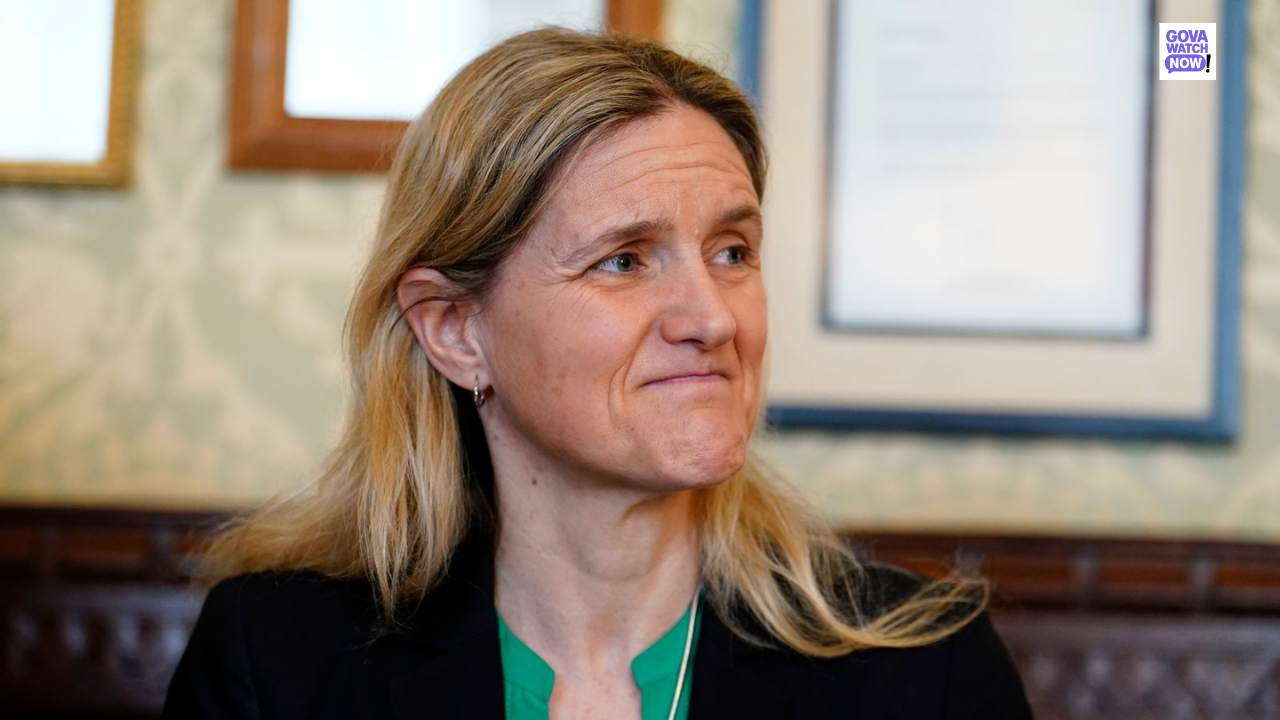Labour MP Kim Leadbeater has delivered a heartfelt message to Parliament and the public: Britain is falling behind on one of the most sensitive moral issues of our time, assisted dying. As countries like Canada, Switzerland, and parts of the United States move forward with laws that allow terminally ill adults to end their lives with dignity, the UK, she argues, is stuck in neutral. If lawmakers don’t act soon, she warns it could be another decade before any real change happens.
Leadbeater’s proposed bill, the Terminally Ill Adults (End of Life) Bill, would give mentally competent adults with less than six months to live the legal option of a medically assisted death. The bill requires two doctors to agree on the diagnosis, and instead of needing High Court approval, which has been a barrier in past proposals, cases would be reviewed by a multidisciplinary panel of legal, medical, and social work professionals. It’s a shift aimed at balancing compassion with safety.
Public support for such legislation is growing. Polls show that around 75% of Britons back assisted dying under strict safeguards. But inside Parliament, the issue remains divisive. Critics argue the bill’s protections don’t go far enough, particularly when it comes to shielding vulnerable people from coercion. Some disability-rights groups and mental health advocates have voiced concerns, saying more robust mental health assessments should be in place to prevent abuses or undue pressure.
Even within Leadbeater’s party, there’s tension. Dan Carden, leader of Blue Labour, has switched from abstaining to actively opposing the bill. Health Secretary Wes Streeting and Justice Secretary Shabana Mahmood have also expressed reservations, fearing that without adequate investment in palliative care, assisted dying could become a default option for those with fewer resources or less support.
Still, Leadbeater is pressing on. She insists this is not about pushing people toward death, but about offering a dignified choice to those already facing it. In her view, the current system forces many to suffer needlessly or seek help abroad, options that are often expensive, traumatic, and legally risky. “We can’t keep kicking this issue down the road,” she said. “This is about compassion, autonomy, and trust.”
With the final vote approaching, Britain is at a crossroads. Whether Parliament embraces change or holds back, the outcome will have lasting consequences for thousands of families facing the hardest of decisions.




